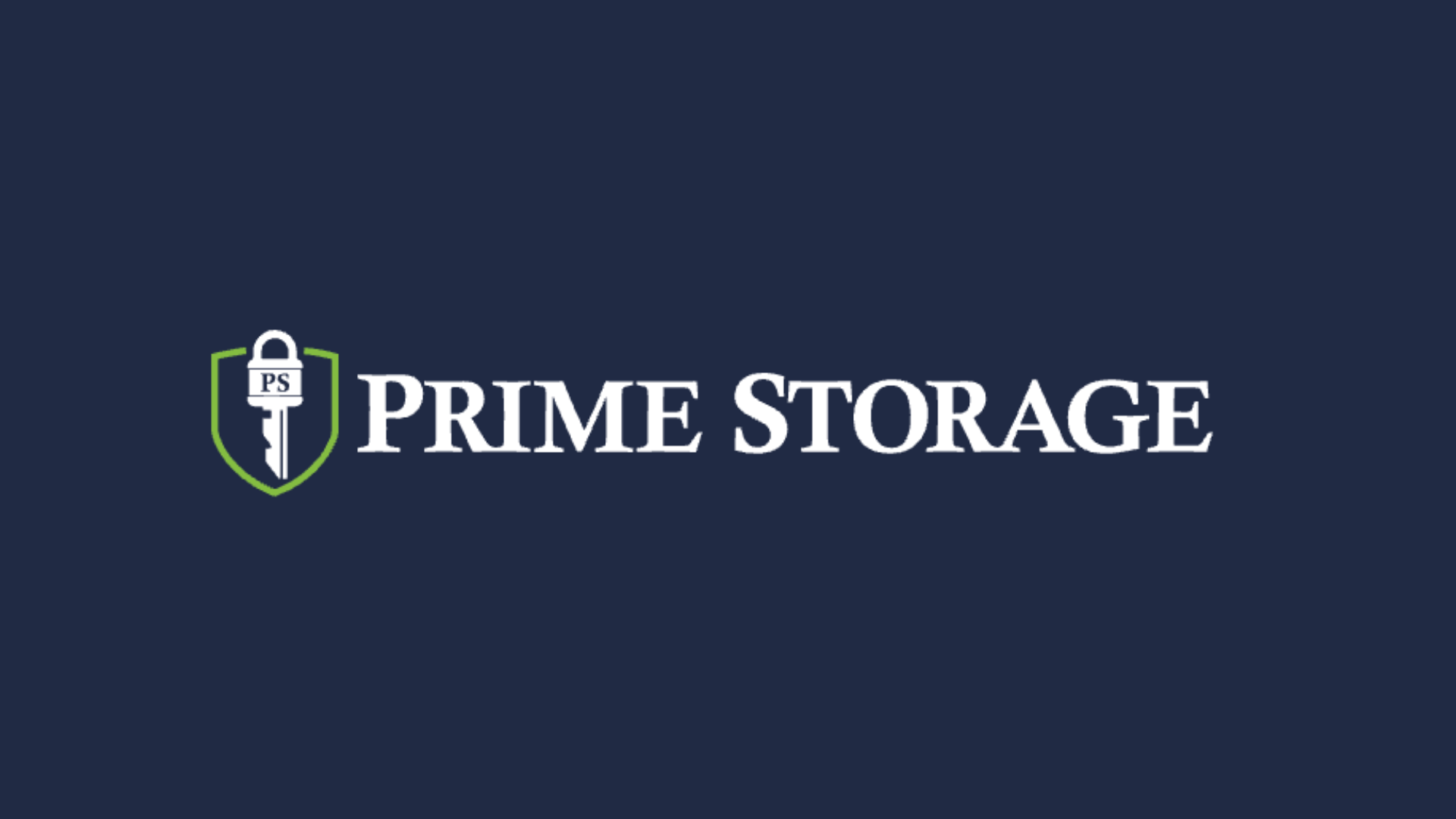We all value our privacy, especially when torrenting. No one likes the idea of being tracked, watched, or flagged just for downloading a file. That’s why staying anonymous matters. In this blog, we will guide you through a few simple and innovative ways on how to torrent anonymously.
It doesn’t matter if you are new to this or just looking to level up your privacy game; there’s something here for you.
Let’s get into it.
Why Anonymity Matters in Torrenting
When you torrent, you’re part of a peer-to-peer (P2P) network where your IP address is visible to everyone in the swarm, other users downloading or sharing the same file.
Without protection, your ISP can monitor your activity, potentially throttling your connection or reporting you for downloading copyrighted content. Even worse, your IP could be logged by others in the swarm, exposing your location and identity.
Anonymity tools, such as VPNs, solve this by masking your IP address and encrypting your internet traffic.
This means no one, not your ISP, not other peers, can trace your torrenting back to you. It’s about staying private and avoiding unnecessary risks.
Methods for Anonymous Torrenting

There are several ways to torrent anonymously, but not all are created equal. Here’s a look at the most effective ways on how to torrent anonymously.
Method 1: Using a VPN
A VPN is hands-down the best tool for torrenting anonymously. It works by routing your internet traffic through a secure server, replacing your real IP address with the server’s and encrypting your data so it’s unreadable to outsiders.
How VPNs Ensure Anonymity
- IP Masking: Your actual IP address is hidden, displaying only the VPN server’s IP address to the torrent swarm.
- Encryption: Your traffic is scrambled, so even if intercepted, it’s gibberish to anyone without the decryption key.
- No-Logs Policies: Top VPNs don’t keep records of your activity, ensuring there’s no trail to follow.
Method 2: Using a Proxy
A proxy server acts as a middleman, hiding your IP address by routing your traffic through it. Unlike VPNs, proxies don’t encrypt your data, making them less secure for torrenting.
- BTGuard: A proxy service with encryption tunnel software, designed for torrenting on Mac, Linux, and Windows.
- TorrentPrivacy: Offers a modified uTorrent client with pre-configured privacy settings for Windows users.
Proxies are cheaper than VPNs but lack full encryption, so they’re not the best choice for maximum privacy.
Method 3: Using a Seedbox
A seedbox is a remote server that handles torrenting on your behalf. You download files to the seedbox, then transfer them to your device, keeping your home IP out of the swarm.
Why Use a Seedbox?
- Speed: Seedboxes often have high-speed connections for faster downloads.
- Anonymity: Your IP isn’t exposed since torrenting happens on the server.
- Bandwidth Savings: Downloads don’t clog your home internet.
The downside? Seedboxes can be pricey and may require technical know-how to set up and manage.
Other Methods
- Usenet: A private file-sharing network that’s been around for decades. It’s less monitored than torrenting but requires a paid subscription, making it less accessible.
- Anomos: A free, multi-platform service that uses encryption and a peer/tracker system. It’s secure, but often slow and less user-friendly due to the use of proprietary torrent files.
Top VPNs for Torrenting
| VPN | Servers | Countries | Connections | Price (Monthly) | Key Features |
|---|---|---|---|---|---|
| NordVPN | 7,492 | 118 | 10 | $3.09 (27 months) | P2P servers, Double VPN, Threat Protection Pro, no logs |
| ExpressVPN | 3,000 | 105 | 8 | $6.67 (15 months) | 10 Gbps ports, Lightway protocol, Network Lock, no logs |
| ProtonVPN | Not listed | Not listed | Not listed | Varies (Plus plan) | P2P-optimized servers, binding instructions, no logs |
| Hotspot Shield | Not listed | Not listed | Not listed | Free trial | High-speed connections, over 650 million users, absolute Internet Freedom |
| Private Internet Access | 27,000 | 91 | Unlimited | $2.19 (24+2 months) | WireGuard, MACE, Port Forwarding, SOCKS5, no logs, optional virus protection |
How to Use a VPN for Torrenting
1. Pick a VPN: Choose one with P2P support and servers in torrent-friendly countries.
2. Install the App: Download and install the VPN software on your device.
3. Connect to a Server: Open the app and select a P2P-optimized server or one in a country where torrenting is less restricted.
4. Bind Your Torrent Client: For added security, bind your torrent client (such as qBittorrent) to the VPN interface. For example, ProtonVPN suggests selecting “ProtonVPN TUN” for OpenVPN on Windows or “proton0” for WireGuard on Linux.
5. Start Torrenting: Launch your torrent client and download files, knowing your traffic is encrypted and your IP is hidden.
Pro tip: Enable features like a kill switch or IP binding to stop torrenting if your VPN connection is interrupted, preventing your real IP address from being exposed.
Best Practices for Safe Torrenting

Anonymity is only half the battle. To torrent safely, you need to be strategic about where and what you download.
Choosing Safe Torrent Websites
Stick to reputable torrent sites to avoid malware or fake files. Some trusted options include:
Always connect through your VPN, especially if these sites are blocked in your country.
Downloading Verified Torrents
Before downloading, check:
- Seeders and Leechers: More seeders mean a faster, more reliable torrent.
- User Comments: Look for feedback about file quality or potential malware.
- File Extensions: Ensure they match the content (e.g., MP3 for music, MP4 for videos).
This helps you avoid corrupted files or malicious downloads.
Protecting Against Malware
Even with a VPN, torrents can carry malware. Use antivirus software like TotalAV, Kaspersky, or Norton. Some VPNs, such as NordVPN, include malware protection (Threat Protection Pro), but a dedicated antivirus software adds an extra layer of security.
Wrapping Up
Knowing how to torrent anonymously is about protecting your privacy while enjoying the benefits of P2P file sharing. VPNs like NordVPN, ExpressVPN, ProtonVPN, and Hotspot Shield are your best bet, offering robust security and P2P support.
Proxies and seedboxes are alternatives, but they come with limitations. Combine these tools with smart practices, using trusted sites, verifying torrents, and running antivirus software, and you’ll minimize risks. Always respect copyright laws and download responsibly.
By taking these steps, you can torrent with confidence, knowing your identity and data are secure.










